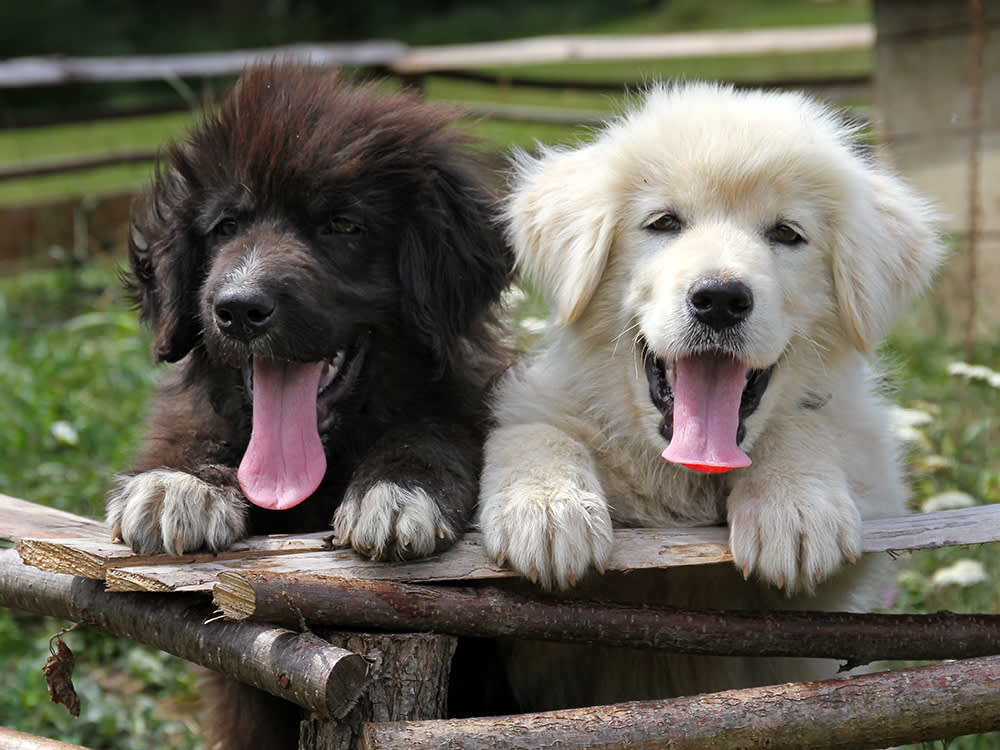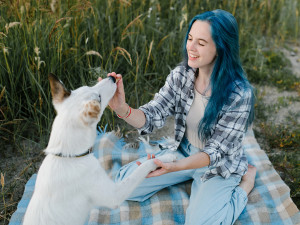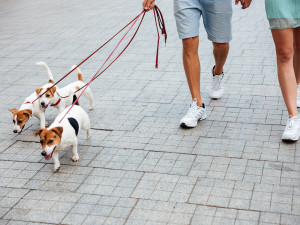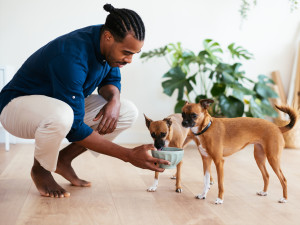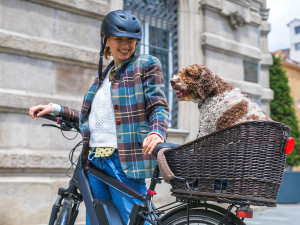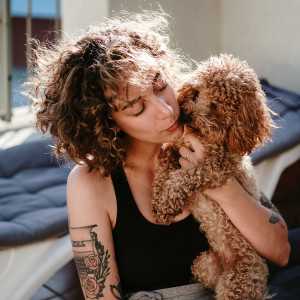The Key to Training Two Puppies At Once
Double the trouble or double the fun?
It’s totally tempting to get two puppies at once. (In dreams, we imagine having even more, tbh, though it’s generally unwise to get more than one, and it’s especially problematic to get litter-matesopens in a new tab.) But as adorable as it sounds, two puppies at the same time is a lot of work. Take heart, though: the problems you may encounter – feeling overwhelmed by double the training, for example – are common in households with two puppies, and you can definitely make the situation better.
The most important step is to spend time alone with each puppy daily. Besides helping you build a strong relationship with each of the dogs, this will also accustom them to being separated. Use this one-on-one time to work on training. The pups need to be trained individually before you try to work with them as a pair, because they are going to distract one another when they’re together.
littleKin™ is Kinship’s home just for puppy and kitten parents. Bop over to check out expert advice, new pet tools, and special deals—all curated for your newest family member.
opens in a new tabThe time you spend alone with each puppy shouldn’t be all work – engage them in other activities as well. Playing, going on walksopens in a new tab or taking a class together are all ways you can spend valuable time with each dog. Another benefit is that you can focus on doing what that dog enjoys most. Perhaps one loves nothing more than to have you practise canine massageopens in a new tab on them, while the other pup’s favourite activity is running and jumping in the water.
It is wise to let them be individuals; living in the same house doesn’t mean that they necessarily have identical personalities or that they have the same needs. On the flip side, the fact that one dog dislikes riding in the car doesn’t mean that it isn’t fun for the other dog. No matter how similar they are, treat them as individuals. The more you do, the more likely it is that they will have a strong bond with you, and the easier it will be for you to get their attention.
Recommended reading
Feeling Outnumbered? How to Manage and Enjoy Your Multi-Dog Householdopens in a new tab by Karen B. London and Patricia B. McConnell
Raising Puppies & Kids Together: A Guide for Parentsopens in a new tab by Pia Silvani and Lynn Eckhardt
